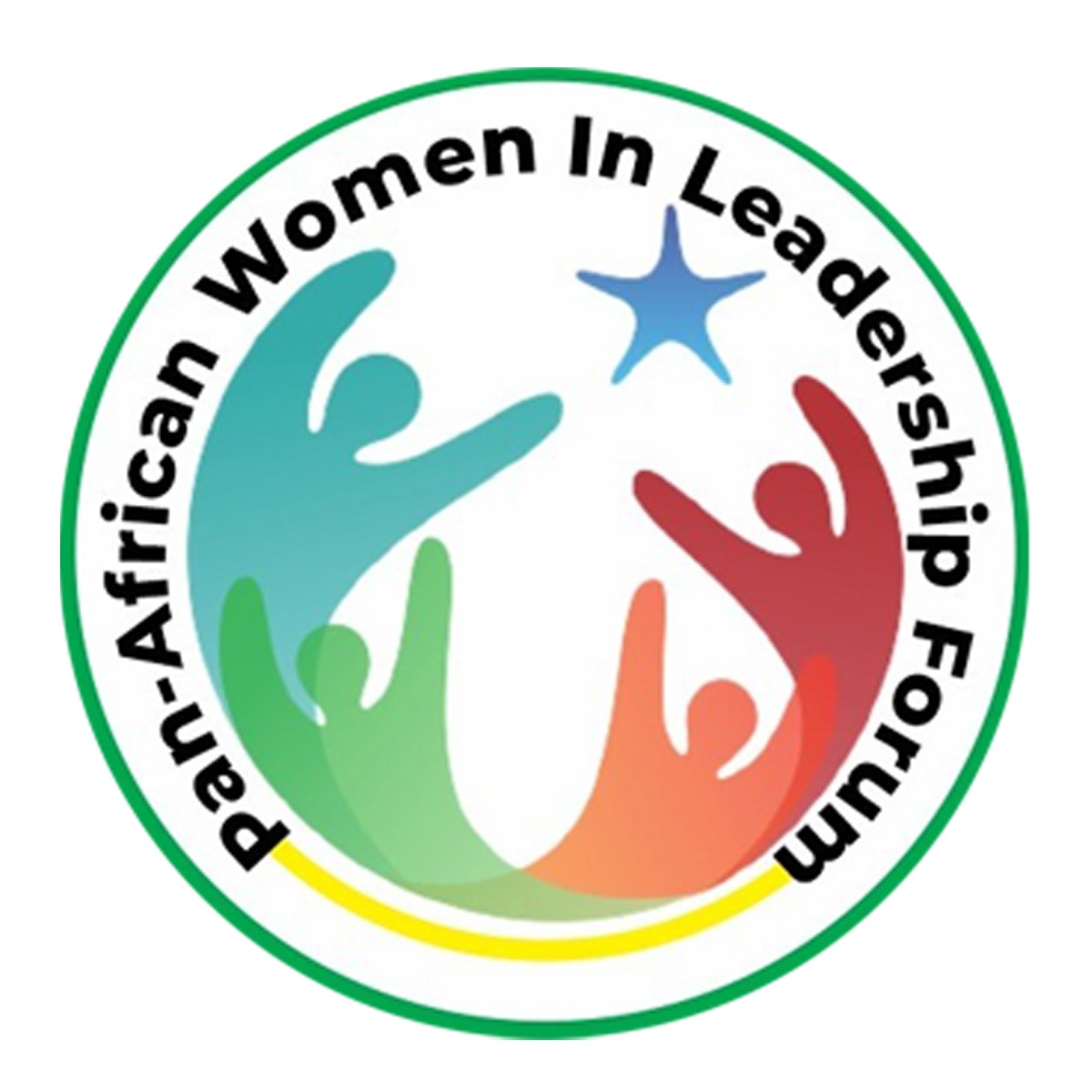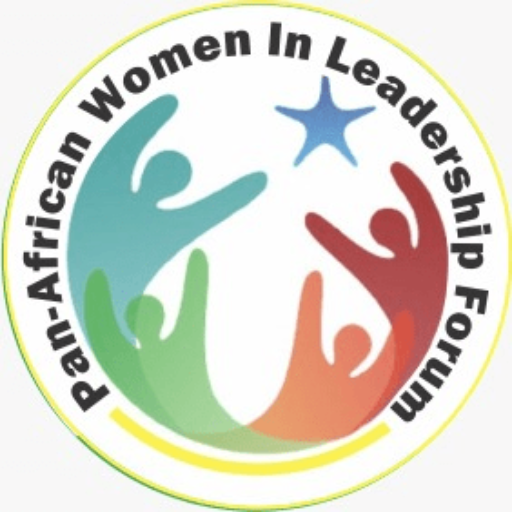About Us
The « Pan-African Women in Leadership Forum » is a dynamic and empowering women
movement that demonstrates an unwavering commitment to addressing the intricate economic and political challenges faced by African women. Founded by Mrs. Aisha Biro Diallo in 2020, the NGO has embarked on a journey of impact and progress.
movement that demonstrates an unwavering commitment to addressing the intricate economic and political challenges faced by African women. Founded by Mrs. Aisha Biro Diallo in 2020, the NGO has embarked on a journey of impact and progress.
We are open for partnership
Have a project for us? Get in touch!
Organization
Pan-African Women In Leadership Forum is made up of a team of seasoned professionals with different academic disciplines . Our collective experiences bring a wealth of expertise, spanning a multitude of sectors. This rich blend of skills empowers us to adeptly identify, develop, implement and execute impactful economic development projects that create transformative changes in the lives we engage with.
Our Services
The Global Economic Political Challenges Summit for African Women is committed to promoting gender equality empowering African women within economic political spheres. The mission is to facilitate dialogue, collaboration, knowledge exchange among African women leaders, policymakers, stakeholders to address specific economic political challenges faced by women in region. By fostering evidence based policy discussions innovative solutions, summit aims to create an enabling environment that advances women’s economic participation, leadership, influence, contributing to sustainable inclusive development across Africa.
Gender Equality: Democracy and Governance
The World Bank and IMF recognize the importance of gender equality in achieving inclusive economic growth and development. They support efforts to enhance women's participation in decision-making processes, including political participation. By promoting women leaders, they strive to deepen democratic governance and ensure a more representation and a diverse society.
Navigating the Political Landscape as an African Woman
These global institutions aim to address barriers and challenges faced by African women in politics. Through their programs and initiatives, they work towards empowering African women to actively participate in political leadership and decision-making roles. This contributes to the overall objective of promoting inclusive and equitable development in Africa.
WOMEN IN STEM
The World Bank, African Development Bank and the African Union commission acknowledges the underrepresentation of women in STEM fields. They have been supporting initiatives that promote access to quality education and opportunities for women in STEM. By encouraging more women to pursue STEM careers will contribute to nurturing new innovations, promote economic growth, and gender parity.
RENEWABLE ENERGY AND CLIMATE CHANGE
Climate Change has proven put the global crisis in a more dire situation with nearly 710 million children living in countries with the highest risk of suffering the impact of the climate crisis. Women are at the frontline of these crisis given that they are mainly the home keepers and caretakers of the family. The United Nations under the United Nations Framework Convention on Climate Change `{`UNFCCC`}`, UNEP and the global leaders under the aegis of the G20 recognizes the urgent need to address climate change and transition to renewable energy sources. There is need prioritize sustainable development and support initiatives that promote renewable energy investments, technological advancements, and climate resilience measures with the women at the cutting edge of the transition. The Pan African Women Leadership Forum would highlight the importance of integrating gender considerations into these efforts to ensure women's equal participation and benefit from renewable energy solutions.
Breaking the barriers in the gender divide
The World Bank and IMF strives to address gender disparities in access to finance. They have worked to reduce the gender gap in financial inclusion, promote women's entrepreneurship, and enhancing women's access to credit and financial services. By breaking barriers and providing equal opportunities, they aim to empower women economically and contribute to poverty reduction and development.


